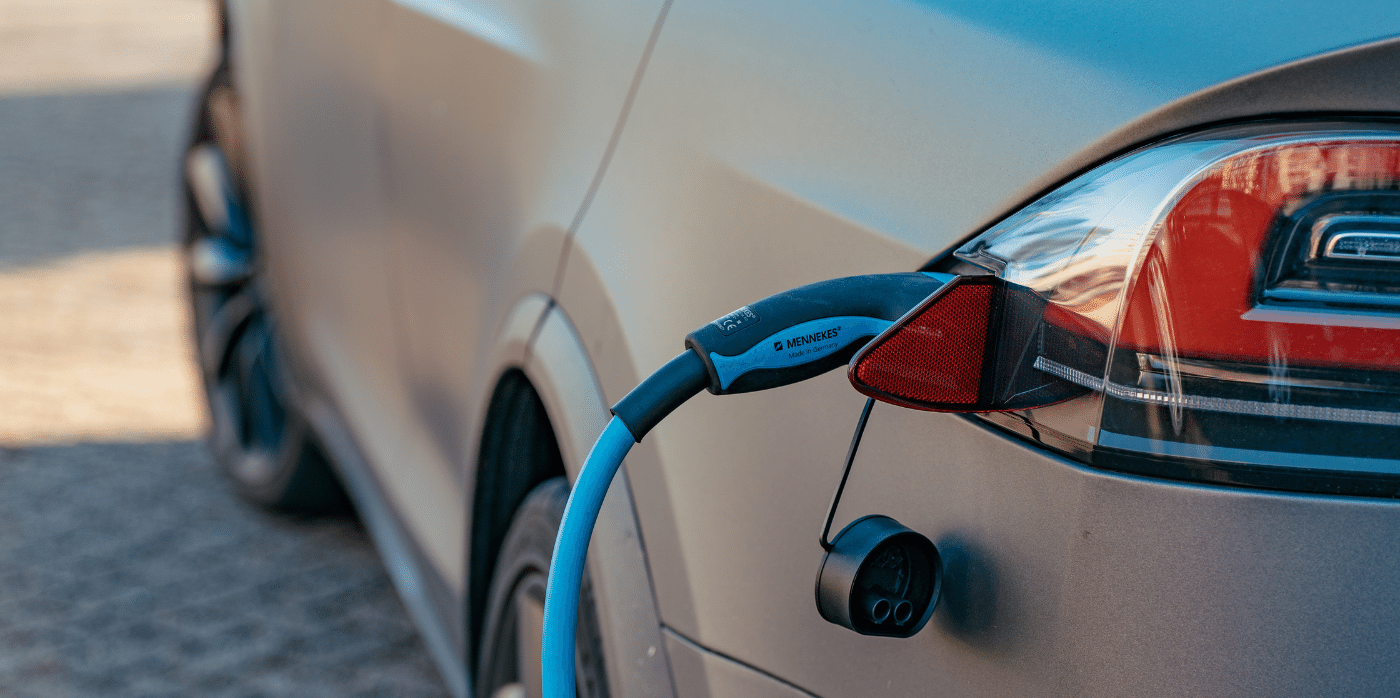Spotted: As demand for lithium-ion batteries rises, the extraction and production processes must be scaled up, often stressing the environment in ways that are not sustainable. Researchers forecast global growth in consumption of lithium will be 33 per cent from 2020 to 2021 and that demand is likely to continue to increase. With water resources already scarce (or polluted) in many locations around the world, improving the health of lithium production is a necessity to ensure the future health of the environment.
Canada’s International Battery Metals company recently concluded successful tests of its first mobile, commercial-scale lithium extraction plant. Integral to the success of the new approach is the swiftness of set-up and modular design. The company points to the current five-to-twelve-year lead time to build and activate an industrial plant as one of the main reasons such flexibility and speed are needed. The modular unit was set up in 10 days by a crew of nine.
This allows the global market to expand the number of viable extraction locations, as the modularity makes it possible to assemble and work in terrains previously considered too difficult to reach. Even more importantly, the new International Battery Metals process prioritises water and brine recycling to avoid creating the many thousands of kilogrammes of salty water waste that results from most extraction methods. In fact, the new process recycles slightly more than 98 per cent of the water used in the system.
As electric vehicle demand continues to grow, creating less waste and causing less environmental damage is a priority at all stages of the battery life cycle, with innovators creating new uses for used EV batteries as well as a chemical-free process for producing the metal from granite.
Written by: Keely Khoury
18th May 2022
Email: info@ibatterymetals.com
Website: ibatterymetals.com

